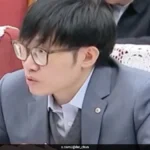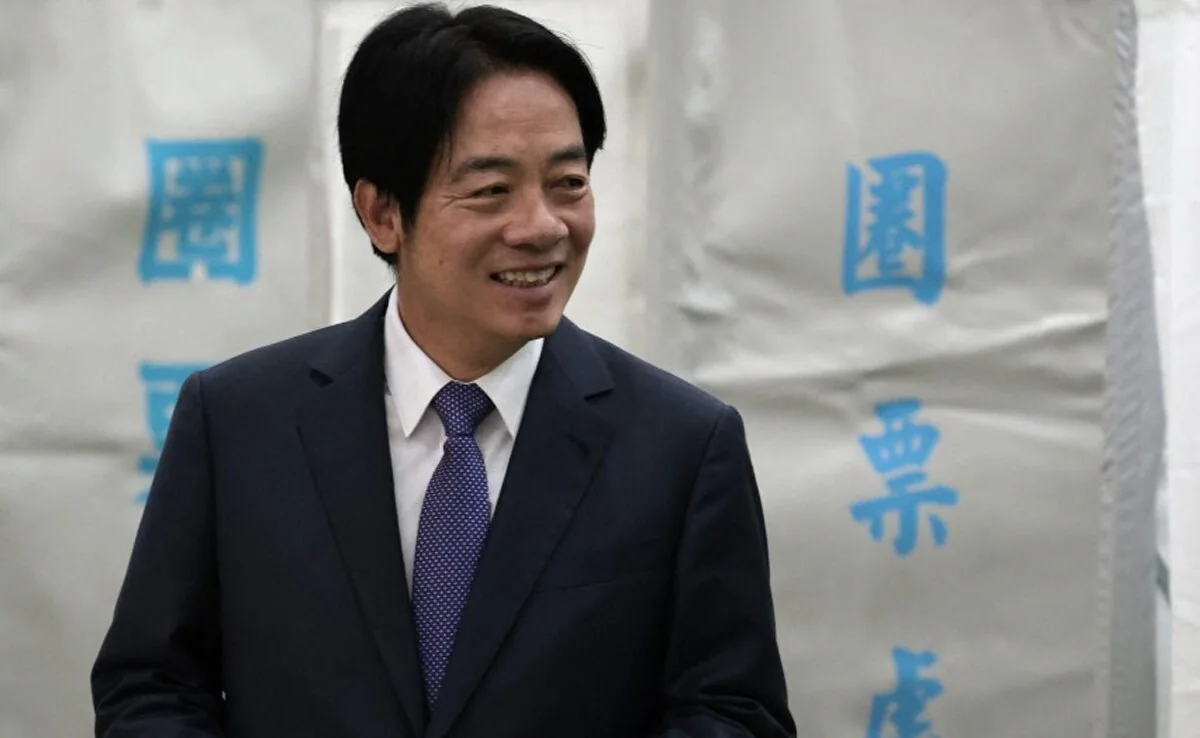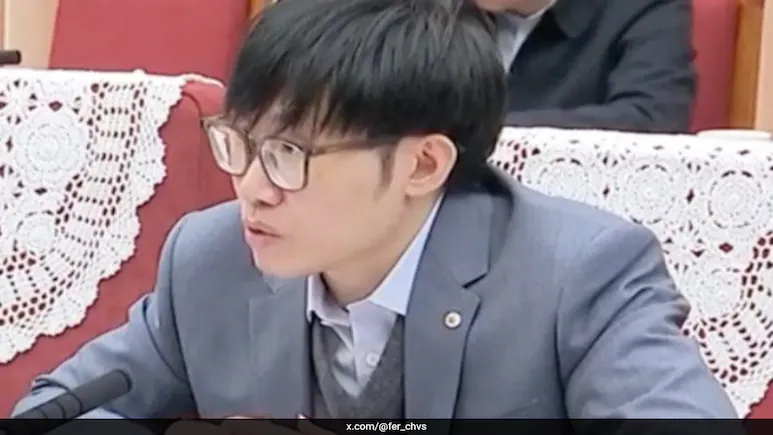In Taipei, Taiwan, Lai Ching-te, the presidential candidate representing Taiwan’s ruling party, secured victory in an election that China had framed as a pivotal choice between war and peace. Hou Yu-ih, the candidate from Taiwan’s main opposition party, the Kuomintang (KMT), conceded defeat in the election.
Lai’s Democratic Progressive Party, known for advocating Taiwan’s distinct identity and rejecting China’s territorial claims, sought an unprecedented third term within Taiwan’s existing electoral system.
Facing two opponents, including the KMT’s Hou and former Taipei Mayor Ko Wen-je from the recently established Taiwan People’s Party (founded in 2019), Lai urged citizens to cast their votes in the southern city of Tainan, emphasizing the value of each vote in Taiwan’s hard-earned democracy.
In the lead-up to the election, China consistently labeled Lai as a dangerous separatist, rejecting his calls for dialogue. Lai, emphasizing his commitment to peace across the Taiwan Strait and enhancing the island’s defenses, faced criticism from China.
On the election day, Taiwan’s defense ministry reported the presence of Chinese balloons crossing the sensitive strait, denouncing them as psychological warfare and a threat to aviation safety.
Despite tensions, many Taiwanese, like Jennifer Lu, expressed a desire for peace. Hou, aiming to restart engagement through people-to-people exchanges, faced accusations from Lai and China of supporting Taiwan’s formal independence.
Ko, with strong support among young voters, focused on practical issues such as housing costs. He advocated for re-engaging with China while safeguarding Taiwan’s democracy and way of life.
The outcome of parliamentary elections held simultaneous importance, potentially affecting the president’s ability to pass legislation, especially in defense matters, if no party secured a majority.
“Compared to previous elections, the result this time is very difficult to predict,” noted Liao Jeng-wen, a financial sector worker. With President Tsai Ing-wen constitutionally barred from seeking reelection after two terms, Taiwan’s next leader faces the challenge of navigating relations with China while maintaining the status quo.










